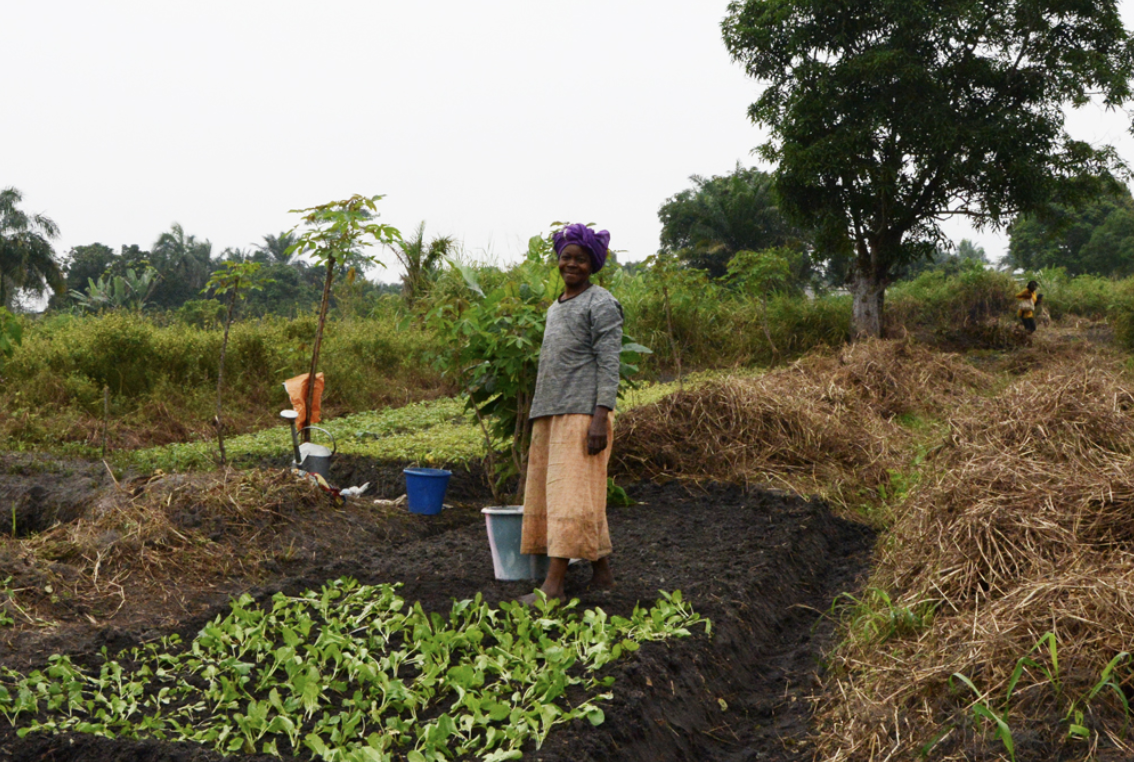Supporting Congo to advance their NAP process
Project Overview
Sep 2015
The Republic of Congo submits their Intend Nationally Determined Contribution (INDC) to the Paris Agreement
Sep 2016
NAP-GSP undertakes mission to the Republic of Congo to take stock of adaptation policies and suggest next steps for the country’s NAP process
Oct 2016
NAP-GSP convenes a national workshop to consult stakeholders on the financial opportunities provided by the Green Climate Fund and on the NAP process
Dec 2016
A Stocktaking Report and a preliminary roadmap for advancing the NAP process in Republic of Congo is developed
Apr 2017
The Republic of Congo ratifies the Paris Agreement
Country background, Sustainable Development Goals and Paris Agreement
The Republic of Congo is landlocked apart from a small stretch of Atlantic coastline in the south west. Floods are already a recurring natural hazard, and many areas are seasonally flooded. Projected increases in precipitation as well as sea level rise as a result of climate change will likely increase the frequency in flooding, exacerbating their effects on human settlements, agriculture, and biodiversity. Climate change is also posing a direct threat to public health through water borne and vector borne diseases, which are both influenced by climatic factors and are currently the country’s leading two causes of mortality.
In an attempt to build resilience to climate change, the Republic of Congo has been assessing its vulnerabilities and put forward its commitments, as well as communicated those to the international climate change community through submitting its First National Communication to the UNFCCC in October 2001, and later submitting a Second National Communication in 2009, its Intended Nationally Determined Contribution (INDC) in 2015, and finally ratifying the Paris Agreement in 2017. The INDC outlines that the Congo’s contribution to the Paris Agreement will take into account its existing strategies and plans, including the National Development Plan, the Strategy Paper for Growth, Employment and Poverty Reduction, and the National Strategy and Implementation Action Plan. This set of policy documents and institutional framework maps out how the Congo can pursue the Sustainable Development Goals and strive to achieve the goals of the Paris Agreement. The NDC also outlines that the key areas that climate change adaptation interventions should focus on are: agriculture; coastal zones; cross-cutting areas; disaster risk management; education; energy; environment; and health.
How has the NAP-GSP supported to date?
|
Conducted a mission to Brazzaville
|
Mission to Brazzaville to begin the stock taking process. A support mission took place in October 2016 upon the request of the government to identify adaptation priorities, both with regards to operational interventions, and adaptation planning and budgeting.
|
|
A national workshop was held
|
The workshop was conducted to consult all the main stakeholders on 13 October 2016, including many civil society representatives. This was an opportunity to sensitize these stakeholders on the opportunities provided by the Green Climate Fund and on the NAP process.
|
|
Prepared a Stocktaking Report
|
Based on information gathered on mission, a Stocktaking Report was produced and outlined priority intervention areas were identified as the coastal urban areas of Brazzaville and Pointe Noire. The Stocktaking Report also included a roadmap for the NAP process. The roadmap was divided into three work streams, which incorporate five strategic interventions: (1) launch and pilot the NAP process; (2) integrate climate change adaptation into national, sectoral and local planning; and (3) report, follow up, review and raise awareness.
|
Project Details
Project status:
Completed
Funding source:
